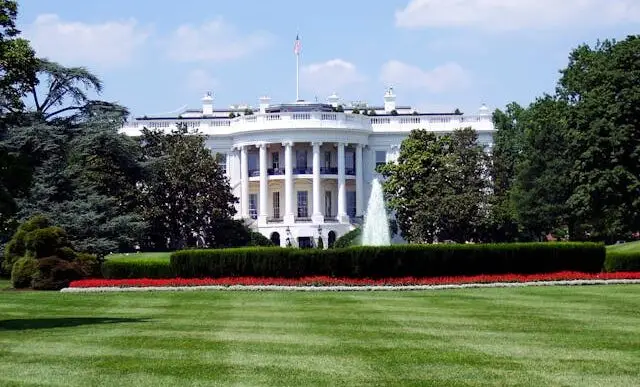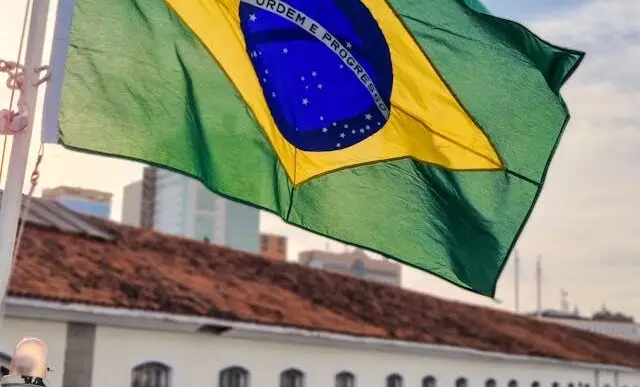Chinese Journalist Dong Yuyu Sentenced to Seven Years for Espionage
In a verdict that has sent shockwaves through international media circles, Chinese journalist Dong Yuyu has been sentenced to seven years in prison on charges of espionage. The sentencing took place at a Beijing court after Dong was found guilty of exchanging confidential information with a Japanese Diplomat over a dinner meeting.
Dong, a veteran journalist with an immaculate career spanning over two decades, was accused of leaking sensitive state secrets to a foreign power. The incident has sparked debates about the freedom of press and the rights of journalists in China, where stringent state control over media is a widely known fact.
The Case Against Dong
The case against Dong Yuyu was built around a dinner meeting he had with a Japanese diplomat at a high-end Beijing restaurant. According to the prosecution, the meeting was not a casual social event but a clandestine operation where classified information was exchanged. The prosecution argued that Dong had provided the diplomat with sensitive information that could potentially undermine China’s national security.
Dong’s defense, however, categorically denied these charges, claiming that the meeting was purely social and any information exchanged was in the public domain. Dong’s lawyer insisted that the prosecution failed to provide concrete evidence of any classified information being shared. Yet, the court sided with the prosecution, sentencing Dong to seven years in prison.
International Repercussions and Public Outcry
The sentencing of Dong Yuyu has drawn international criticism, with press freedom advocates and human rights organizations condemning the verdict. The case has been labeled as another example of China’s tight grip on its media and a blatant violation of journalists’ rights to freedom of expression. Critics argue that this move could seriously hamper journalistic integrity and independence within China.
The case has also sparked a public outcry within China, with many calling for a fair trial for Dong. Social media platforms have been rife with discussions around the verdict, with hashtags demanding justice for Dong trending on Weibo, China’s version of Twitter. Some Chinese netizens have expressed their fear that this case may set a dangerous precedent, potentially stiferring the already limited freedom of press in the country.
Strained Sino-Japanese Relations
The incident comes at a time when Sino-Japanese relations are already tense. Historically, the two countries have had a complicated relationship, with territorial disputes and historical grievances often causing diplomatic frictions. This case has added another layer of complexity to the already strained relations between the two Asian powerhouses.
The Japanese government has yet to make an official statement regarding the incident. However, sources within the Japanese foreign ministry have expressed their concern over the situation. The case is expected to cast a shadow over future diplomatic talks between China and Japan, potentially affecting their bilateral ties.
In conclusion, the sentencing of Dong Yuyu serves as a stark reminder of the challenges journalists face in China. As the international community continues to scrutinize the verdict, it remains to be seen how this case will impact not only the state of press freedom in China but also its diplomatic relations with Japan.















